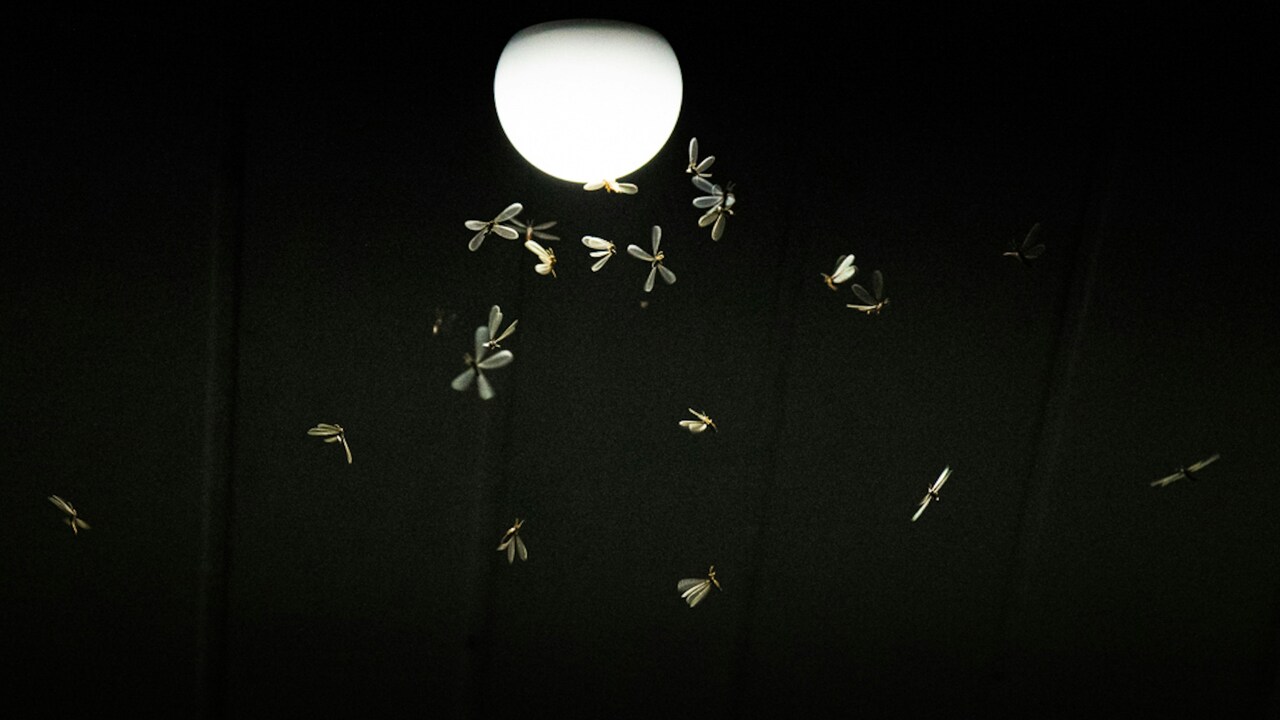A study led by Christopher Holmes found that mosquitoes, including those that carry diseases such as malaria, can go weeks without rain and still survive by feeding on blood to moisten their bodies.
Even though mosquito numbers decrease during drought, those that remain bite more frequently and the spread of diseases such as malaria increases. The study also shows how mosquitoes are adapting to warmer winters due to climate change, which may extend the breeding season.
Holmes and his team found that mosquitoes can survive dry periods by feeding multiple times before laying eggs. The eggs of some species can survive without water for up to a year and hatch as soon as they are exposed to rain.
News materials cannot be equated with a doctor’s prescription. Consult an expert before making a decision.
Source: Ferra
I am a professional journalist and content creator with extensive experience writing for news websites. I currently work as an author at Gadget Onus, where I specialize in covering hot news topics. My written pieces have been published on some of the biggest media outlets around the world, including The Guardian and BBC News.










